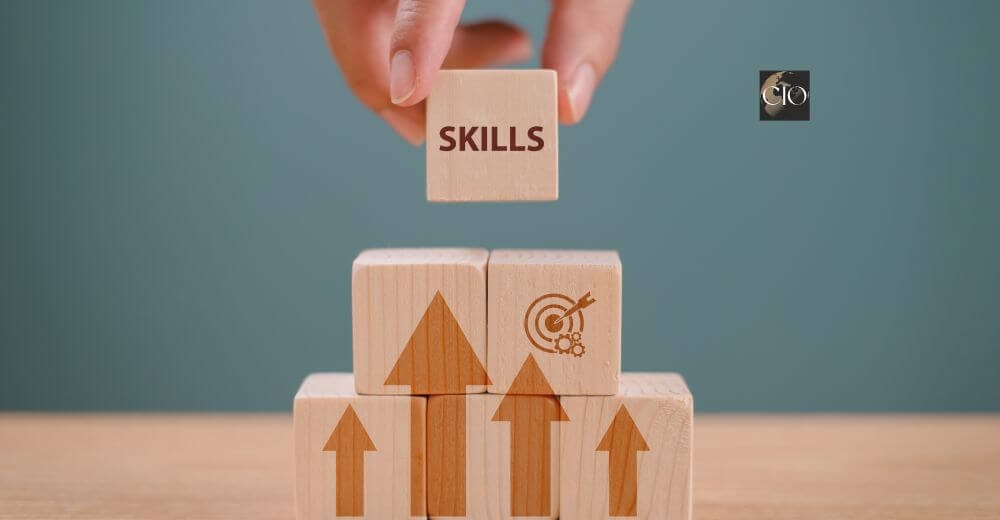Lifelong Learning
With the fast-paced changing world today, lifelong learning has become a pillar for individual and career development. Unlike the conventional models of education, which tend to emphasize a specific duration of schooling, lifelong learning is based on ongoing skills acquisition and knowledge throughout one’s lifespan. This change is motivated by technological innovations, economic revolutions, and social evolutions that require resilience and flexibility. As the world evolves, education systems are evolving to promote a culture of lifelong learning that will keep people competitive and satisfied with an uncertain future.
The Need for Lifelong Learning
The speed of the change of the 21 st century has never been higher. Automation, artificial intelligence and digitalization are changing industries rendering certain skills obsolete, but creating others. Remote work and globalization have brought opportunities and increased competition and so workers need to continually upgrade their skills.
Societal factors external to the work place include, an increased life span and altered cultural values which drive individuals to pursue learning as a means of personal fulfillment. Lifelong learning helps people to stay active and relevant in the changing world whether in acquiring a new avocation, understanding new technologies or need to stay abreast with challenging issues facing the society.
Evolution of Education Systems
Conventional education which is usually completed during childhood and young adulthood is no longer sufficient in those conditions. Institutions like schools, universities, etc are reestablishing their missions to meet the needs of life long learners. Among the key changes, there is the use of flexible learning approaches. Badges and certificates are micro-credentials that allow individuals to acquire certain skills without committing to the long-term degree. With Coursera, edX, and LinkedIn Learning, online learning places have opened the possibility of people accessing them easily, offering courses that are focused on current immediate needs of the workplace.
Technology’s Role in Lifelong Learning
One of the forces which is contributing to the scalability and the availability of lifelong learning is technology. The barrier of geography and economics has been broken with the advent of online sites and high-quality education is now accessible to millions of people. Artificial intelligence is even making learning personalized and one tool that provides this is the adaptive learning software which provides content based on the specific needs of the learner and their pace. Some examples would be the platforms like Duolingo that use AI to customize the lessons based on areas of strengths and weaknesses of a user and optimize the learning process.
Virtual and augmented reality technologies are also revolutionizing education through the provision of immersive experiences. Medical students, for instance, are able to rehearse surgeries in virtual environments, while history buffs can visit ancient civilizations using VR simulations. These technologies render learning to be a participatory and engaging process, ensuring continuous involvement.
The Role of Employers and Governments
Companies are increasingly appreciating the returns on investment from encouraging employee lifelong learning. Google and Amazon, for instance, spend a lot on upskilling initiatives, including instruction in cloud computing and data analysis. Such programs not only enhance the performance of employees but also increase retention as well as innovation.
Governments are also intervening to enable lifelong learning. Singapore’s SkillsFuture programme, for example, offers credits to citizens to take approved courses throughout their lifetimes, inviting ongoing skill acquisition. Likewise, the European Union’s Digital Education Action Plan seeks to advance digital literacy across the member states so that citizens are ready for a digital economy.
Challenges in Lifelong Learning
In addition to its advantages, however, lifelong learning is not without challenges. Accessibility continues to be an obstacle, especially for poor communities with limited internet or financial capabilities. Then there is the challenge of sheer numbers—so many courses out there that it becomes impossible to select pertinent or quality ones. There is also the question of time—balancing work and personal responsibilities on top of learning takes self-discipline and resources.
Another is making lifelong learning inclusive and equitable. Education systems need to counter biases in content and delivery to make diverse groups benefit on an equal basis. For instance, women and minorities are historically underrepresented in STEM education, and specific programs need to be designed to eliminate this disparity.
Fostering a Lifelong Learning Mindset
At its essence, lifelong learning is a cultural transformation towards curiosity and flexibility. People need to adopt a growth mindset, perceiving challenges as chances for growth instead of barriers. Schools can instill this mindset early by educating students in critical thinking, problem-solving, and independent learning competencies. Teachers and parents can create a model of lifelong learning by learning towards their own objectives, showing the people that learning is an ongoing process.
The Future of Lifelong Learning
As the world keeps evolving, lifelong learning will increasingly be at the heart of individual and collective development. Education systems will tend to decentralize, with peer-to-peer learning and grassroots initiatives becoming more dominant. Improvements in AI and neuroscience might also continue to individualize learning, anticipating learners’ needs with greater accuracy.
In addition, as the need for sustainability and global issues such as climate change become more prominent, lifelong learning will be central in enabling individuals to tackle these matters. Interdisciplinary education—integrating science, ethics, and policy—will enable learners to deal with tricky, interrelated issues.
Read More: Innovations Shaping the Future of Teaching




